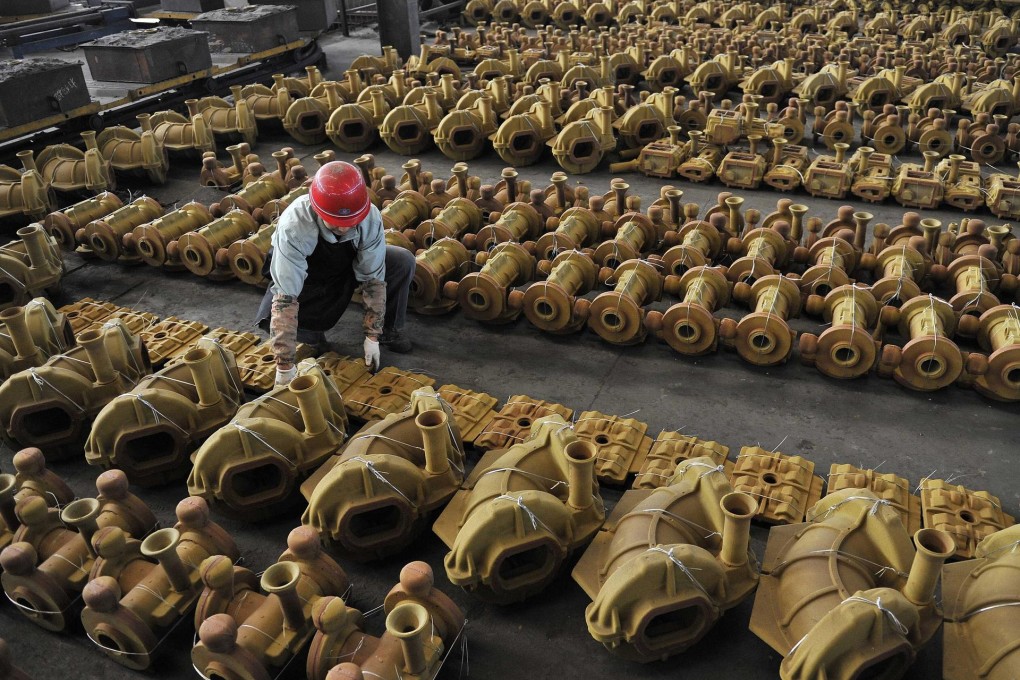Rankings that rankle
The World Bank's Doing Business report must be saved from 'improvements' sought by China and others piqued by the marks handed out for economic reforms

The World Bank has been producing its annual "Doing Business" report since 2004 and its 2014 edition ranking Hong Kong second out of 189 economies surveyed, in contrast to mainland China's score of 96, hardly seems controversial.
Its rankings of 10 factors reflecting the ease with which entrepreneurs and businesses may conduct economic activity in a given economy offer an unbiased way of looking at business.
After all, with so much unreliable data coming out of official government statistics offices these days, it would appear to be a useful tool - not only for businesses, but for governments as well. Indeed, since 2005, a total of 1,940 reforms have been implemented by countries to improve their rankings.
As it turns out, however, a few countries (specifically those with low rankings) are none too happy about the report.
While some world leaders have viewed their countries' relatively low rankings as a challenge to institute economic reform, other countries - most notably China - have been pressuring the World Bank to scrap the rankings and weaken the analysis to the point of irrelevance.
Indeed, under pressure from China and others, World Bank president Jim Yong Kim commissioned a panel to "study" the Doing Business rankings and present recommendations for "improvement". Not surprisingly, the commission recommended doing away with the actual ordinal rankings, and switching to a less embarrassing evaluation of each country.